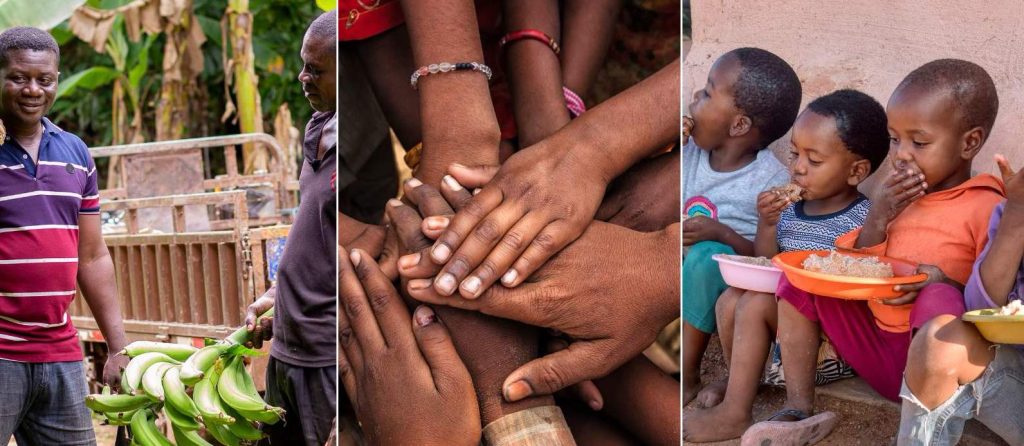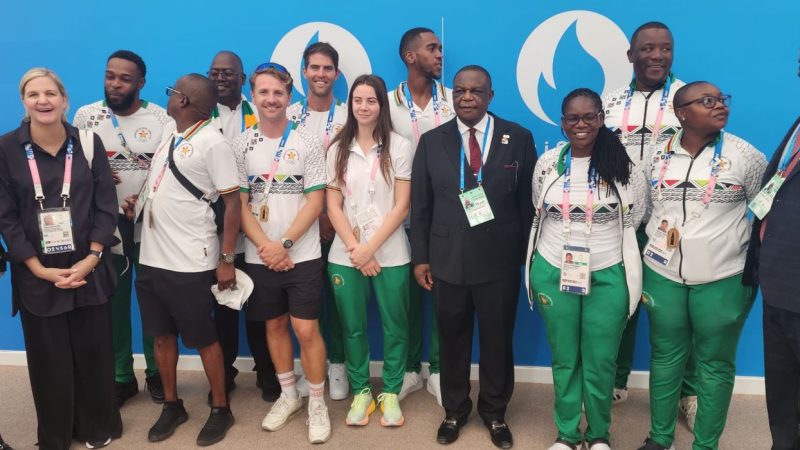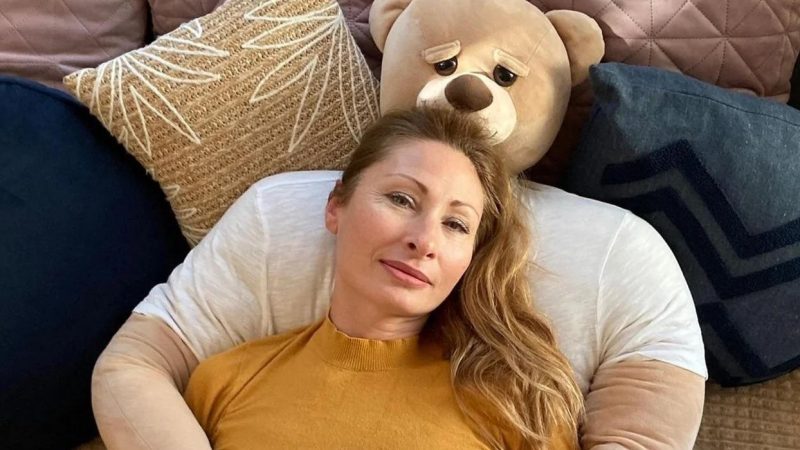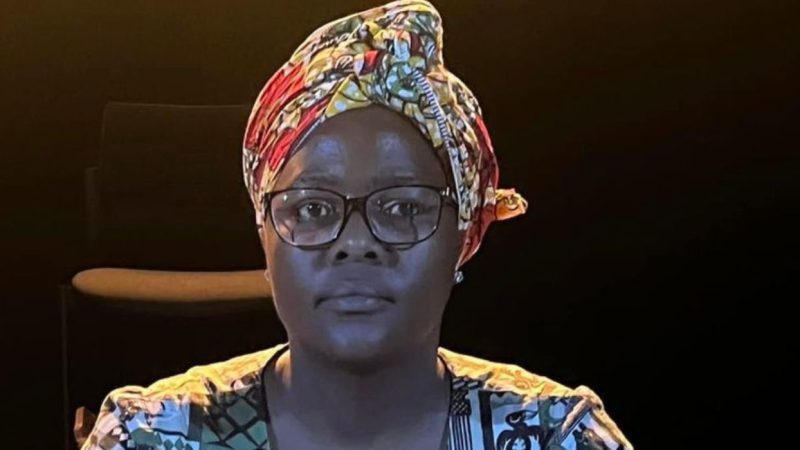The Importance of community in African Culture: How to build strong relationships

Throughout the centuries, African communities have relied on each other for support and strength. From village life to modern urban settings, the importance of community has remained a constant in African culture deeply rooted in history and tradition. The bonds of family and kinship are especially strong and have been the foundation of African communities for generations. These bonds are built on trust, respect and a shared sense of responsibility for one another.
The importance of community in African culture is not only about family ties, but also the power of friendship and collective identity. In African societies, having friends is seen as a great privilege – a true friend is someone who is reliable, respected, and can be relied upon in any situation. This sense of camaraderie reaches beyond the individual to encompass the whole community, resulting in a strong support system between peers and a foundation of trust.
The Extended Family
In addition to family and friendship, the concept of community in African culture also includes a strong sense of shared responsibility and mutual support. The concept of “ubuntu” is often used to describe this spirit of shared responsibility and mutual support. By engaging in communal work projects, such as constructing homes or tending the land, people come together in a spirit of cooperation and fellowship, allowing them to strengthen their bonds and build a sense of community.

Ubuntu is a concept that originated in Southern Africa, and it has been adopted globally in many different cultures, as a way to express the interconnectedness of all living things and to promote kindness and understanding between people. The literal translation of Ubuntu is “Humanity towards others,” and is often expressed through the saying, “I am because you are.” We are all dependent on each other for our well-being and happiness. Our actions have an impact on others.
The Traditions
The concept of community is also expressed through ritual and tradition in African cultures in various ways that strengthen social bonds. For example, the Ngoma ceremony is a traditional healing ceremony that takes place in many African cultures. This ceremony brings people together to celebrate, dance, and pray for healing, thus strengthening communal ties.
When people come together to support each other, they achieve great things. Whether it is helping someone avoid dropping out of school, or helping them save money for their future, community is always a powerful force for good. By working together, we can all reach our goals and make our communities stronger. So let us build strong relationships and work together to create a brighter future for everyone with the knowledge that community is at the heart of African culture, and it is an essential part in building strong relationships.




